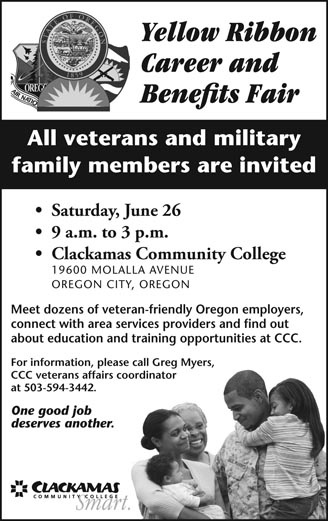NORTHFIELD, Minn. (AP) — College students graduating this spring face one of the toughest job markets in a generation.
Because of that, career counselors say networking with potential employers is more important than ever.
That challenge has prompted two Minnesota colleges to become more aggressive in connecting students with alumni who could help them get that first job.
 Nate Ryan is doing his best to find a job, an internship, or anything at all, in this bleak job market. The 23-year-old graduates in June from Carleton College in Northfield.
Nate Ryan is doing his best to find a job, an internship, or anything at all, in this bleak job market. The 23-year-old graduates in June from Carleton College in Northfield.
Ryan isn't checking classified ads for work, that's so 1990s.
Instead his college has e-mailed this profile on his behalf, to Carleton Alumni:
Senior studio art and geology major interested in employment opportunities combining photography, graphic design, web design, and video production in the Twin Cities metro area.
Served as chief photographer for Carletonian student newspaper, the Lens magazine and graphic editor of the Lens magazine. Is also chief student photographer for sports information and media relations offices. Carleton cycling team president and six years of bicycle shop sales and mechanic experience.
Ryan sees his message, sent out as part of the college's "Engagement Wanted'' effort started last year, as a way to make connections he might not have found on his own.
"You're trying to sell yourself in a very limited number of words with what you're interested in, where you're hoping to be, some of your experiences and also trying to make it personal at the same time,'' Ryan said.
No Carleton alumni have offered Ryan a job or even an internship as of yet, but he's received plenty of career advice, and even made some connections that he hopes will translate into a job or an internship down the road.
Carleton's effort marks a fundamental shift in how colleges help graduating seniors find their first job.
In the past career counselors might give students a list of jobs to apply for, or maybe the phone number of a helpful alum.
Richard Berman says when he took the job as Carleton College's director of career counseling three years ago, he was told to come up with a new national model for the job search.
The college has always relied on alumni to help students find work, but Berman says they cast aside the notion that students must take the first step in networking.
"We flipped it upside down so we have alumni contacting our students, just breaking the ice, and then shifting the responsibility to the student,'' Berman said.
Berman admits that some alumni don't think it's their job to make the first move but, he says, in most cases they've been happy to lend a hand.
Carleton officials say their new networking model isn't widely used at this point. In fact, the only other school they can find currently using a similar approach is St. Olaf College, on the other side of town.
Ana Ashby, 21, is about to graduate with a degree in music. She has an unpaid internship lined up for the summer. She'll be researching marketing opportunities for a New York-based singer, a St. Olaf alum.
The opportunity came after St. Olaf College, following Carleton's lead, started sending out 500-word student profiles to alumni this year in hopes of priming the networking pump for students.
St. Olaf's director of career counseling, Kirsten Cahoon, says colleges should do more to help their graduates find jobs, especially in this poor economy.
"Some students are burying their heads in the sand and saying, 'There's nothing out there for me so I'm not even going to try.''' Cahoon said. "It mitigates that initial fear on students' behalf of having to go out and make a cold call, or e-mail an alum with whom they've never met.''
It's a new approach that more colleges are likely to use in the future, even when the job market improves.
Phil Gardner, director of the Collegiate Employment Research Institute at Michigan State University, says in this down economy, more colleges are tapping their alumni network to help graduates find jobs.
"I just think we can take it to a whole different level and use it a lot differently. In this environment we have to find things that work.''
Gardner says asking alumni to network with students may have benefits for the college as well. Alumni willing to help new graduates are more likely to donate money when the college is looking for some help of its own.










